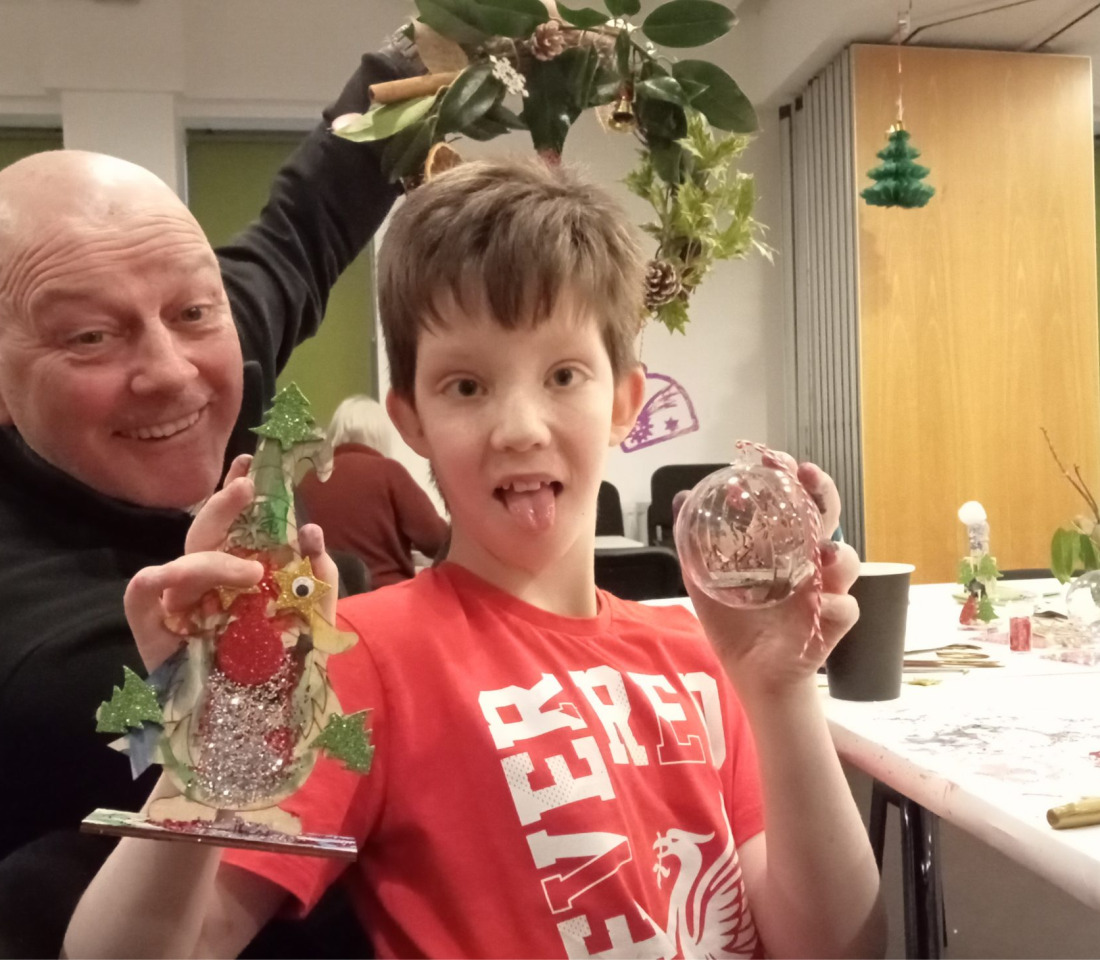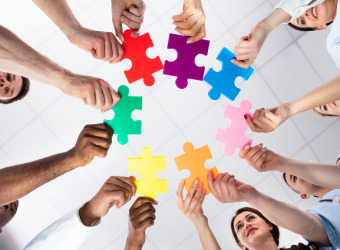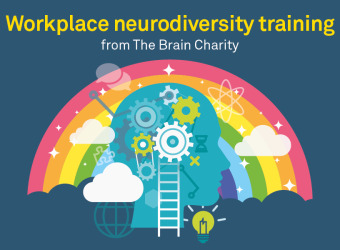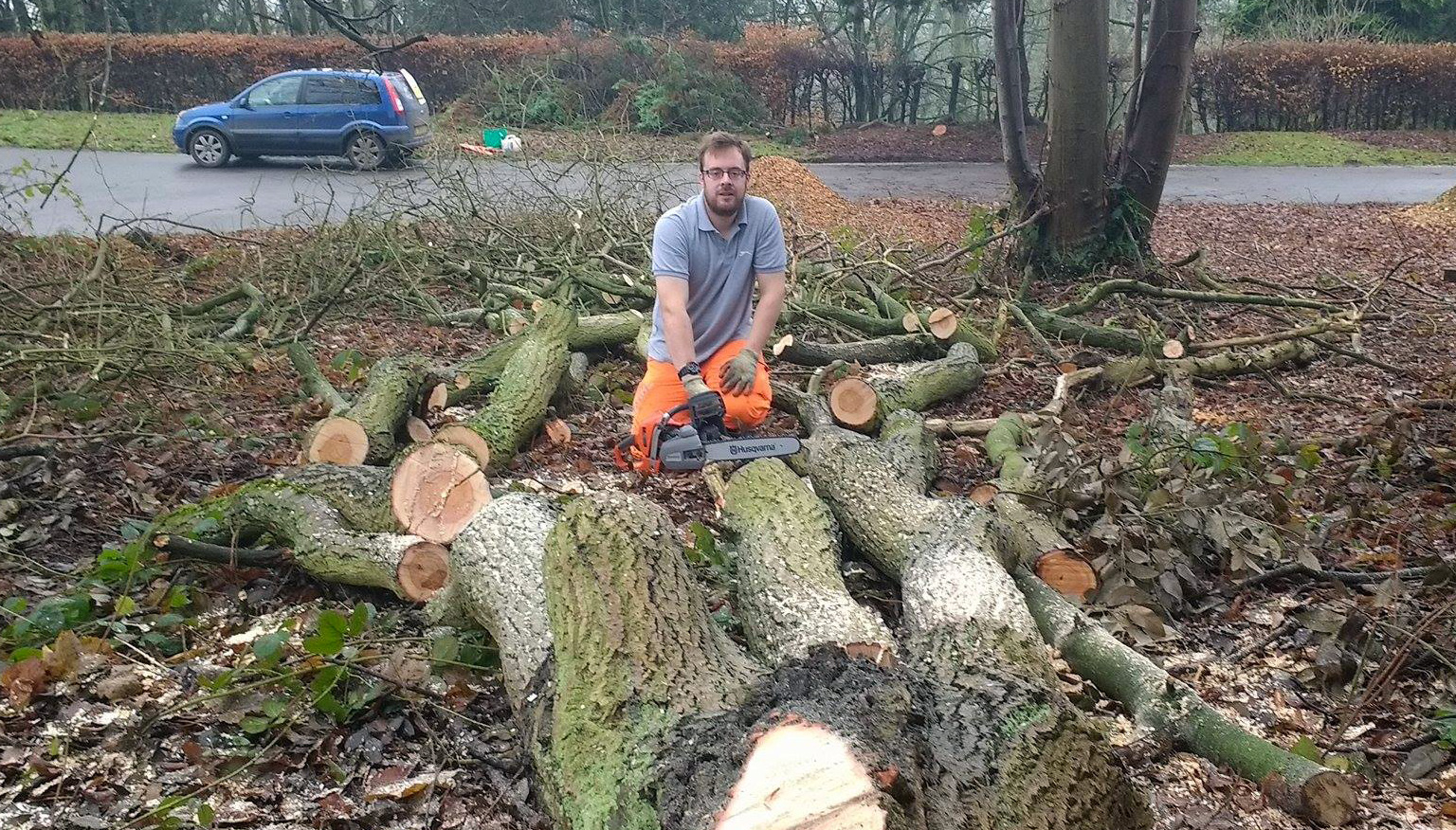
Neurodiversity – my journey and my family
One of our volunteers, David, reflects on his childhood, education and family
In the last of our series of blogs to mark Neurodiversity Celebration Week our volunteer David shares his experiences of living in a neurodiverse world.
What is neurodiversity?
I’ll be honest, before I started writing this blog I didn’t fully understand what neurodiversity was, so I did what I love to do: I learnt about it, researched it and tried to understand it.
The terms neurodiversity and neurodivergent make so much sense to me, especially as I look back at my own childhood, education and family.
Understanding the challenges and strengths of being autistic
Three years ago we welcomed our little niece into the family; she has since been diagnosed with non-verbal autism. My wife and I have learnt so much about autism and understand the challenges.
We love spending time with her and helping her, even if it is just encouraging her and discovering ourselves the best ways to help her in her journey. Her parents take her to sensory events and rooms which have helped in bringing her out of her shell.
Although our niece has yet to begin talking, she is clearly a very intelligent and happy child who sees the world around her differently from us, but that is no bad thing – it is a strength.
It is a strength that I didn’t fully understand until reading about neurodiversity. She is just learning about the world differently and I have no doubt that she will grow up to be an intelligent and independent person whose strengths are recognised for what they are.
Dyslexia and childhood
I count myself as lucky to have had the childhood and upbringing I had. I grew up in a rural area, which, to this day, I still believe influenced the direction I took in life.
However, I always struggled with words and spelling. My mum has always said that I started speaking later, preferring to stay quiet and let my older brother talk for me.
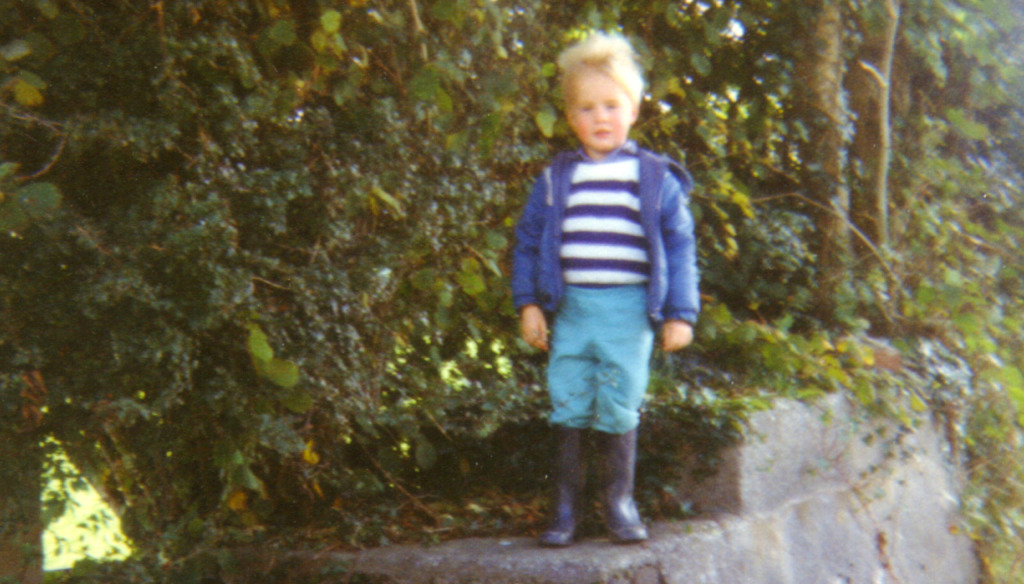
As I grew up I just thought I was slow, a terrible thing to think, but I saw other children take to spelling and words like ducks to water, while I was flailing around in what felt like a turbulent ocean.
I was never diagnosed with dyslexia, but as I look back, I realise that my problems with words and spelling right through my school years would probably now be classified as dyslexia. This is where I now see how I learnt and took in information was different from the majority.
My spelling and writing improved after a member of my family thought I might like to read Garfield comics. The pictures, the words, the laughter made me fall in love with reading and writing.
Slowly but surely, with effort, my spelling improved and all the worry that my slower start with spelling would hold me back disappeared.
I still use certain ‘tricks’ to spell words, my favourite being ‘Big Elephants Can Always Use Side Exits’ for because.
The power of brains that work differently
I think that understanding that people have different strengths and learn differently and at different rates is crucial.
I do wish this had been known when I was growing up, I feel that it was more of a struggle to find out how my own brain worked and took in new information.
I don’t think it was until I was at university that I fully understood that I was at my best when I learned in a virtual way.
Look-Learn-Do, not everyone is the same and that is a beautiful thing.
I may not have benefited from this greater understanding, but I know that the greater understanding of neurodiversity will only benefit our niece as she grows up and starts school – and she can do anything.
Categories: Neurodiversity, News
Published: 17 March 2023


